- Home >
- News >
- Local News >
- Schools
Local photographer, students win grant
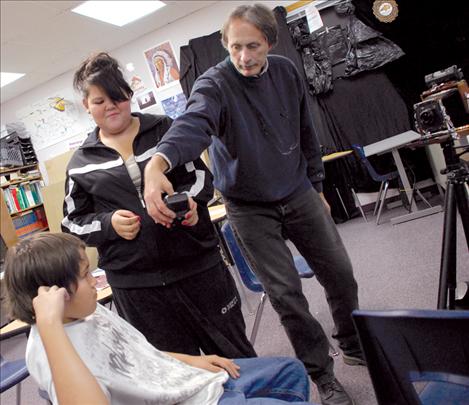
Berl Tiskus
Photographer David Spear shows Alizza Finley how to use a light meter to help set the camera’s exposure on classmate Xavier Smith during photography class at Two Eagle River School.
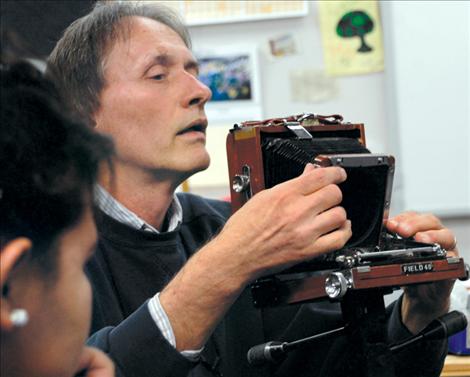
Berl Tiskus
David Spear sets up a view camera for students to try during class at Two Eagle River School.
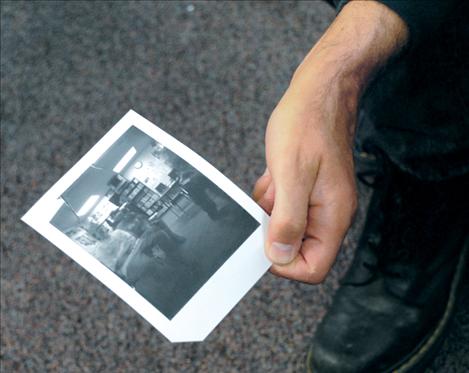
Berl Tiskus
David Spear shows students a photo taken with a pinhole camera by one of the eighth-grade students.
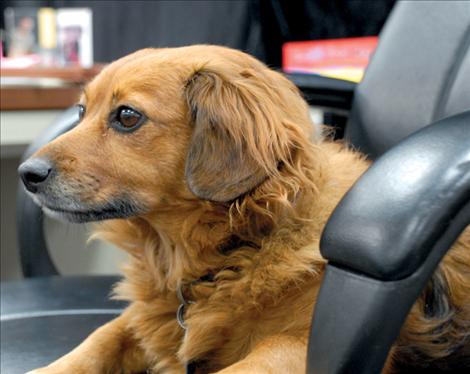
Berl Tiskus
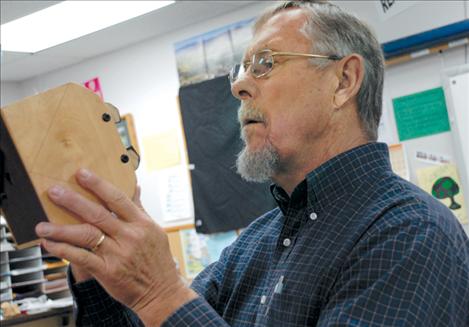
Berl Tiskus
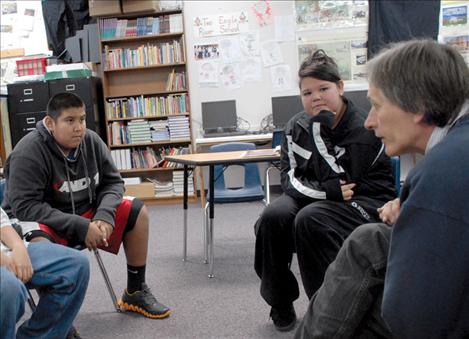
Berl Tiskus
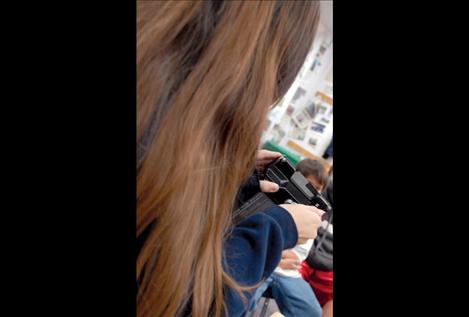
Berl Tiskus
Issue Date: 11/21/2012
Last Updated: 11/21/2012 12:29:01 PM |
By
Berl Tiskus
Keep Reading!
You’ve reached the limit of 3 free articles - but don’t let that stop you.















